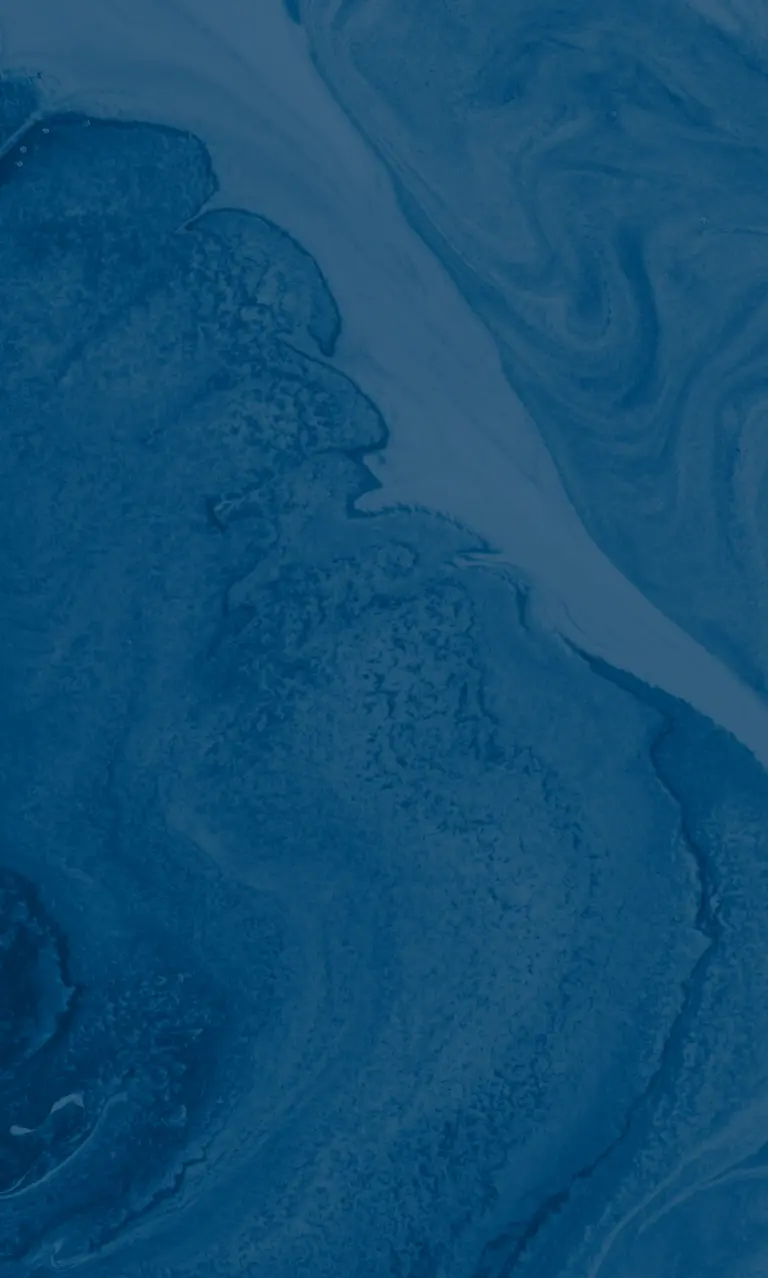Modnat Modelling hazardous natural phenomena for dimensioning marine structures
Natural risks and hazardous phenomena have a significant impact on civil engineering and structures such as factories, bridges, dams, planes, wind turbines, offshore platforms, breakwaters and ships. It is difficult to take account of these essentially unpredictable phenomena when defining the safety rules for standard nuclear installations, the certification regulations in aeronautics for turbulence and gusts and the impacts of these on dimensioning structures.
The aim of the MODNAT project is to develop probabilistic numerical models that reliably reproduce the physical effects of uncertain natural phenomena. Three major phenomena are the principal focus for the research: modelling earthquakes, ocean swell and turbulent gusts. These phenomena are all characterised by the fact that they are never stationary and are random.
The following areas of activity are of interest to the MODNAT project: paraseismic engineering and soil-structure interaction, wave resistance of marine structures and wind turbine certification (safety of structures and people).
The MODNAT project will also develop algorithms to simulate these phenomena, once the models have been defined, and to take account of them in industry standards.
The MODNAT project is also officially recognised by the Pôle Mer Méditerranée cluster.
Partners
Centres de recherche
- Onera, Châtillon [Porteur de projet]
- Université Clermont Auvergne, Clermont-Ferrand
- Université de Brighton, UK
- IFP Énergies nouvelles, Solaize
- Ifremer, Brest
Entreprise
- EDF, Clamart
Funders
- Agence Nationale de la Recherche
